The Swedish fintech has experienced 300% growth with its Froda Embedded solution.
In late 2015, the founders of Froda saw a gap in the SME lending space and decided to fill it. Today, the Swedish company is active in the Nordics, Germany, the UK, and Ireland, and should be active in two more markets by the end of the year. The goal is to spread internationally by allowing partners to use the company’s embedded finance solution to offer SME lending with no risk to the partner.
The SME backbone, and the lack of financing
In Europe, 99% of all businesses are SMEs, employing 85 million people, according to the European Commission website. “These SMEs have a really hard time finding external financing,” says Oliver Mohseni Skoglund, one of Froda’s co-founders. “High street banks are great at helping corporates and consumers, but small businesses are difficult for them to take on.”
SMEs pose more risk than a bank can comfortably accept. From the SME’s perspective, the loan application process is also cumbersome.
“We have far less risk when working with partners because they bring immense customer data that our algorithms can accurately analyse when establishing if we can approve a loan.”
Oliver Mohseni Skoglund, Froda Co-Founder

“The ticket size is another problem for the banks,” says Skoglund. “Loans of this size require the same amount of work to approve as large loans. The only way to offer them on a mass scale is to automate the process using technology.”
Froda did precisely that, building a machine learning solution that analyses the SME’s historical transaction data and can give a Yes or No for a loan within seconds.
Loans backed by the European Investment Fund
One of Froda’s KPIs is the number of loans approved. The company is willing to take on more risk than banks to fulfil this purpose. However, the risks are surprisingly low.
When Froda began its operations, it was told that 10% of its loans would default. The company operates at a 3% default rate. That’s still too high for banks, but it works for a data-driven fintech.
Even the EIB seems happy with that percentage. The fund entered into a partnership with Froda and is now guaranteeing many of the loans on Froda’s books. “That just goes to show how important SME lending is,” Skoglund says. “We’ve developed the perfect balance between risk and success for the EIB to be satisfied enough to back us up.”
Recommended: Explore the Future of Finance at Nordic Fintech Week
Loans without bias
Froda’s data-driven approach to lending means the company’s loan analyses are entirely objective. “You can be born in Europe or a recently arrived immigrant and both have the same chance of being approved for a loan because it’s completely data-driven. We’re extremely proud of that,” says Skoglund.
Froda’s data-driven analysis looks only at transactions. Either the company is making sales or it isn’t. Period.
Froda’s loan portfolio indicates a high percentage of immigrants, young people, and new business owners—just the types of loan applicants that banks would typically turn away because the applicants don’t have a long enough history with the bank and so have poor credit scores.
White-labelled lending
Froda’s rapid growth is largely due to its white-labelled embedded finance solution that partners can plug into. “We have even less risk when working with partners because they bring immense customer data that our algorithms can accurately analyse,” Skoglund explains. “With partners, the customer journey is far smoother for us, so everyone wins.”
In 2023, the company secured a partnership with neobank Lunar in Denmark, allowing it to approve SME loans within seconds while leveraging Lunar’s card rails. Froda is seeking similar partnerships in other countries, following the same “everyone wins” attitude that has brought it success so far.



